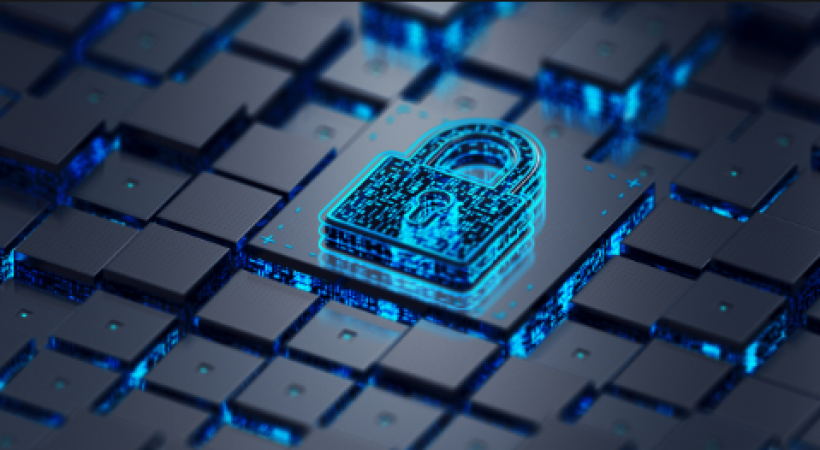
USA: For several reasons, common people should care about cybersecurity:
1. Protecting Personal Information: In today's digital age, individuals store and share a significant amount of personal information online, such as financial data, social media accounts, health records, and more. Cybersecurity helps safeguard this sensitive information from being accessed or misused by unauthorized individuals, protecting your privacy and preventing identity theft.
2. Preventing Financial Loss: Cyberattacks can lead to financial loss for individuals. Hackers may gain access to bank accounts, credit card details, or engage in fraudulent activities, causing monetary harm to individuals. By implementing cybersecurity measures, such as strong passwords, secure online transactions, and regular software updates, people can reduce the risk of financial loss.
Also Read: The region's war-torn governor issues a call to arms for Darfur
3. Safeguarding Digital Assets: Many individuals have valuable digital assets, including personal documents, photos, and videos stored on their computers or in cloud storage. Cybersecurity measures like data encryption, backup solutions, and secure cloud storage can help protect these assets from being stolen, corrupted, or lost due to cyber threats.
4. Preventing Online Harassment and Cyberbullying: The internet provides a platform for communication and social interaction, but it can also be misused for harassment and cyberbullying. Cybersecurity measures can help individuals protect themselves from online threats, including malicious messages, cyberstalking, or harassment on social media platforms, ensuring a safer online environment.
Also Read: Heavy fighting in Sudan's capital as ceasefire approaches its end
5. Preserving Reputation and Trust: A compromised online presence can damage an individual's reputation and trustworthiness. Cybersecurity helps prevent unauthorized access to personal accounts and prevents hackers from spreading false information, defaming individuals, or using their online identities for malicious purposes.
6. Protecting Against Malware and Viruses: Malicious software, such as viruses, ransomware, and spyware, can infect computers and mobile devices, causing data loss, system damage, or unauthorized access to personal information. By using antivirus software, regularly updating operating systems and applications, and avoiding suspicious downloads or links, individuals can minimize the risk of malware infections.
7. Ensuring Safe Online Transactions: With the rise of e-commerce, online banking, and digital payment systems, individuals frequently engage in financial transactions over the internet. Cybersecurity measures, such as secure sockets layer (SSL) encryption, two-factor authentication, and reputable payment gateways, help ensure the safety of online transactions, protecting individuals from financial fraud and unauthorized access to their financial accounts.
Also Read: Drone attacks in Libya result in two deaths and MP's nephew being hurt
In conclusion, cybersecurity is crucial for regular people to safeguard their private data, money, digital assets, and online reputation. People can improve their online security and privacy, making their digital experience safer and more secure, by implementing best practises and being aware of potential cyber threats.